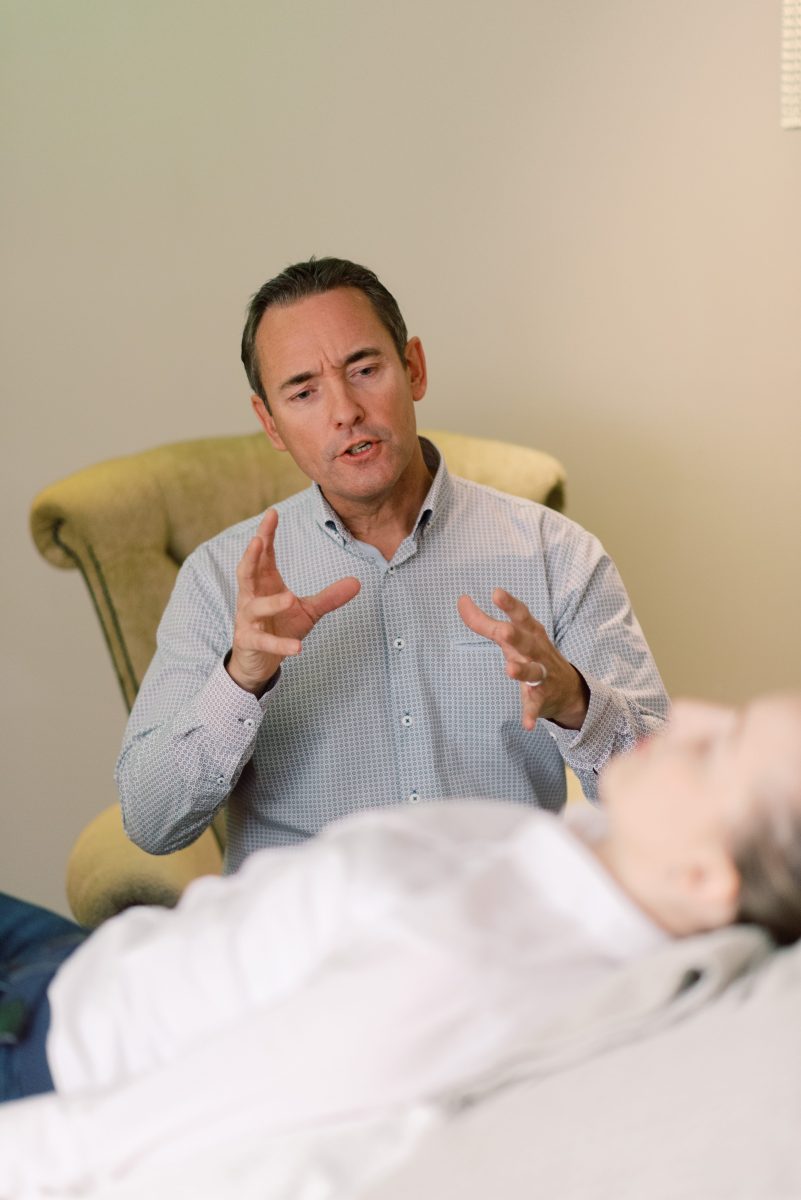The mind-body connection
The link between mental and physical health is well known and well documented. Our ancestors were aware of this. As the old saying goes, “You can die from a broken heart.”
Our whole health includes the physical, mental and social aspects of our life. Moreover, it is no surprise that our mental and physical health are connected when we think about it. Research indicates that the two are so closely linked that they can even directly affect one another. For example, depression can increase our risk for diabetes, heart disease, or stroke. Furthermore, chronic conditions (like cancer or heart disease) can increase your risk of developing a mental health condition.
Research has revealed that specific physical conditions are more likely to have comorbid mental health conditions. For instance, people with diabetes are 2-3 times more likely to be diagnosed with depression and 20% more likely to experience anxiety than those without diabetes.
People with conditions like chronic obstructive pulmonary disease (COPD), bronchitis, or asthma are more likely to report symptoms of depression — depression is the second most common self-reported comorbidity among people living with COPD.
These are just a few examples illustrating the intricate connection and overlapping nature of mental and physical health conditions.

A new report calls for more clinical psychologists in GP practices
The British Psychological Society’s Division of Clinical Psychology conducted a recent study (March 2022), which revealed some not-so-surprising findings of the role of clinical psychologists in GP practices.
It found that access to clinical psychologists for patients visiting their primary physicians leads to better patient outcomes and fewer repeat appointments with the GP. Moreover, it results in increased employee and is more cost-effective.
This report includes five case studies. Four important recommendations emerged from the report. The report, which is illustrated by five case studies, also makes four significant recommendations: one being that there should be at least one clinical psychologist available for every 50,000 patients seeking medical and potential mental health support.
The pressures faced by GPs are well-known and well-documented. Extreme and unsustainable workloads have an adverse impact on GPs’ working and personal conditions towards breaking
point. This problem has been exacerbated by the effects of the Covid-19 pandemic, which witnessed an unprecedented load on the UK’s medical system. This concludes that new and innovative solutions are needed to support the GPs and those seeking their help.
The case studies from Bradford, Shropshire, Hackney, Tower Hamlets and Surrey indicate evidence of the clinical and economic value that clinical psychology can bring to primary care. Testimonies from patients and GPs corroborate the case studies.
The offer includes direct clinical care provided to patients who would otherwise have slipped through the net and practical specialist advice and support for GPs and other primary care clinicians to develop management plans for clients with more complex issues, covering both physical and mental health.
According to Lucy Marks MBE, consultant clinical psychologist and lead author of the report said, “It is more important than ever to provide support to GPs and primary care practitioners in order to help them manage the current workload crisis, and at the same time support those patients whose physical and psychological needs, which often overlap, are not being met.
“Many patients require more specialist mental health input, which can present challenges for GPs who can spend significant amounts of time identifying where to access appropriate help for these patients and chasing referrals.
“Having a clinical psychologist based in primary care can change this situation, and our case studies show very promising results demonstrating good patient outcomes, high GP satisfaction and cost-effectiveness.”

Specific suggestions for improved health care in the UK
The report suggests four concrete proposals to implement the learning from these case studies across primary care services:
· Clinical psychology should be routinely embedded into primary care
· There should be at least one clinical psychologist available per 50,000 practice patients
· Integrated care systems should utilize the additional funding from 2021 to employ mental health professionals in primary care and integrate more clinical psychology expertise into GP practices
· Clinical commissioning groups and integrated care systems should build plans and local recruitment strategies for enlarging clinical psychology provision in primary care as part of the NHS Long Term Plan and the Scottish Government Mental Health Strategy.

Freephone: 0800 140 4044
Local rate: 0300 330 3040
Contact us here to find out more



